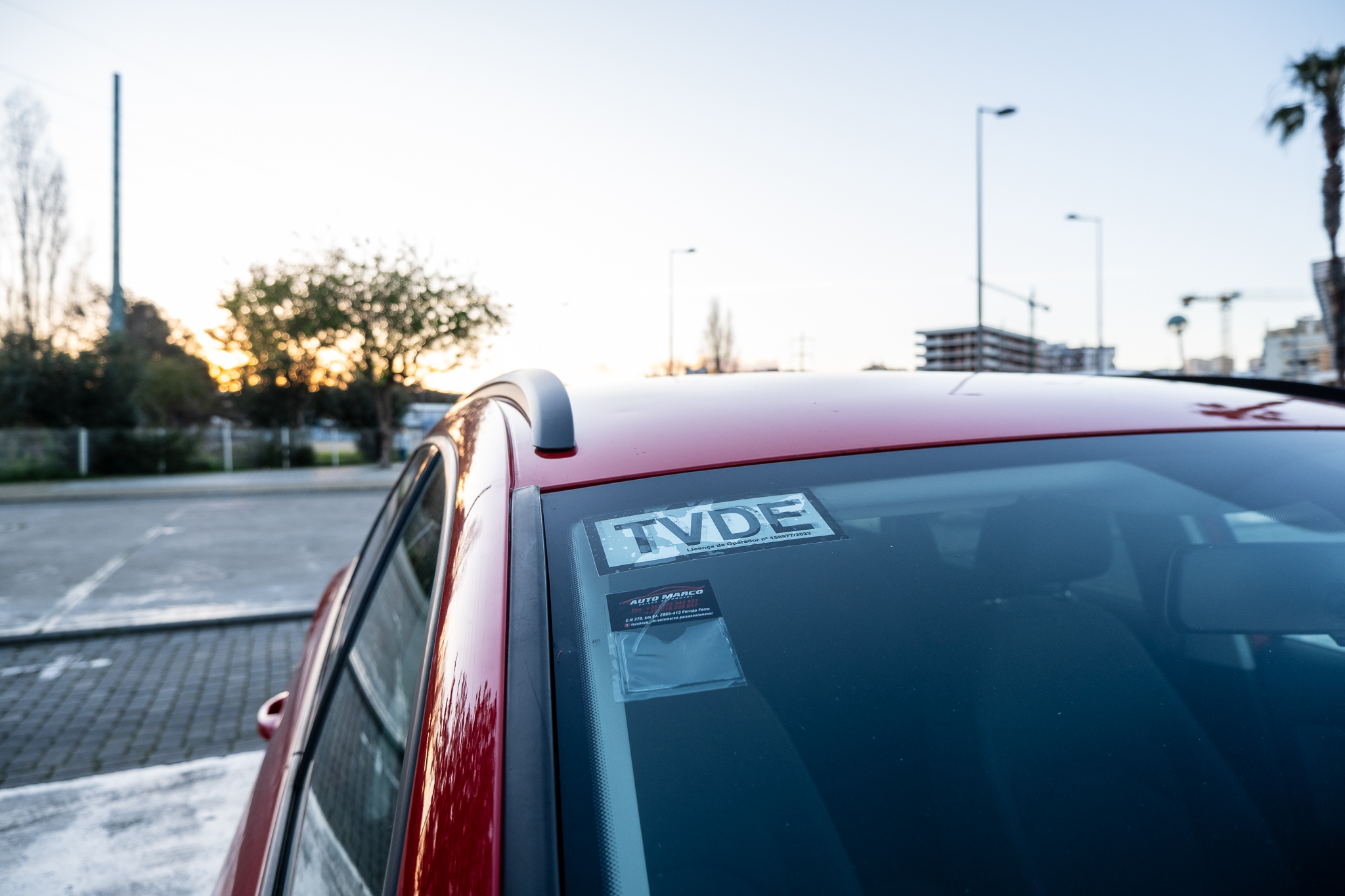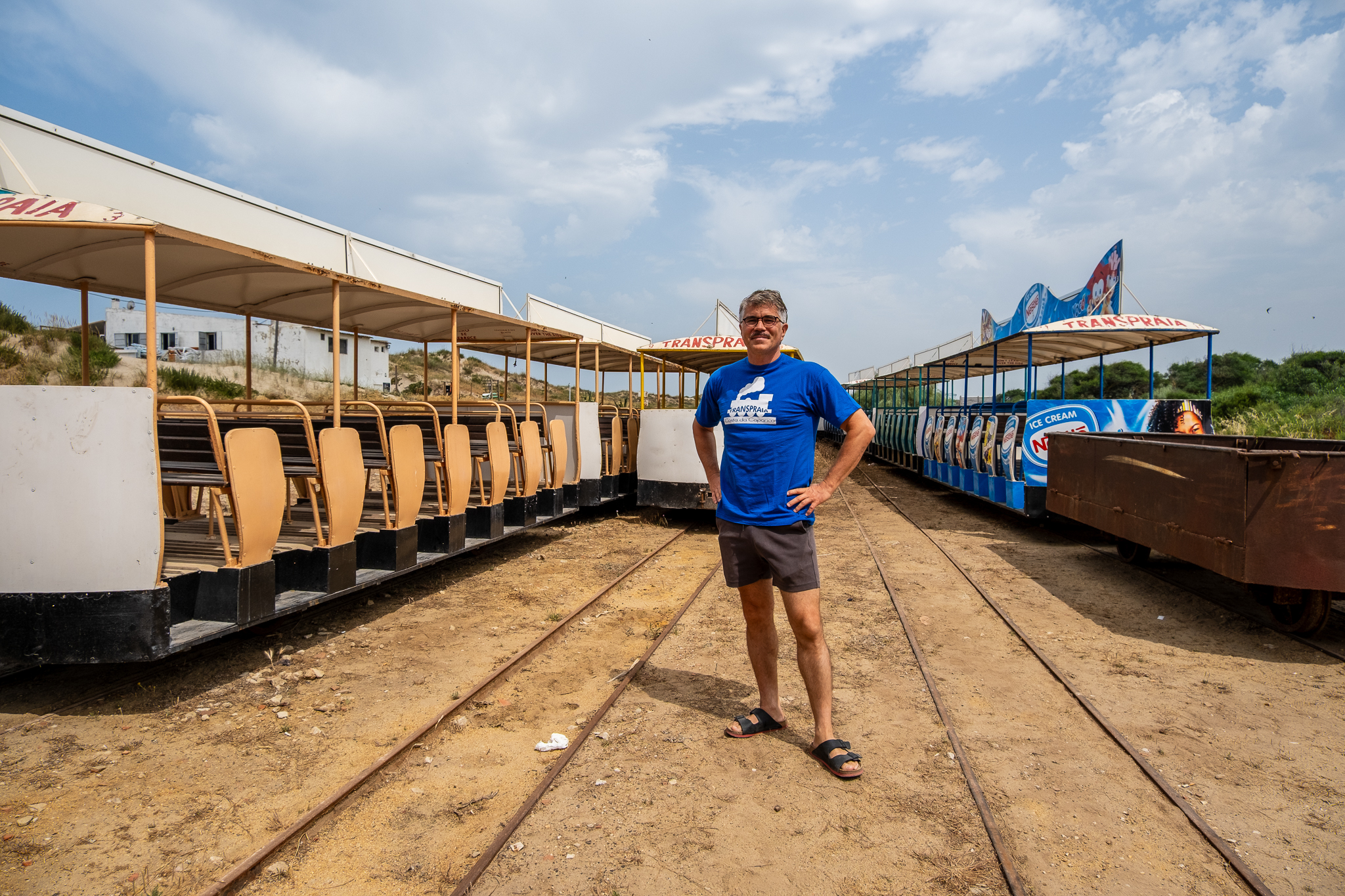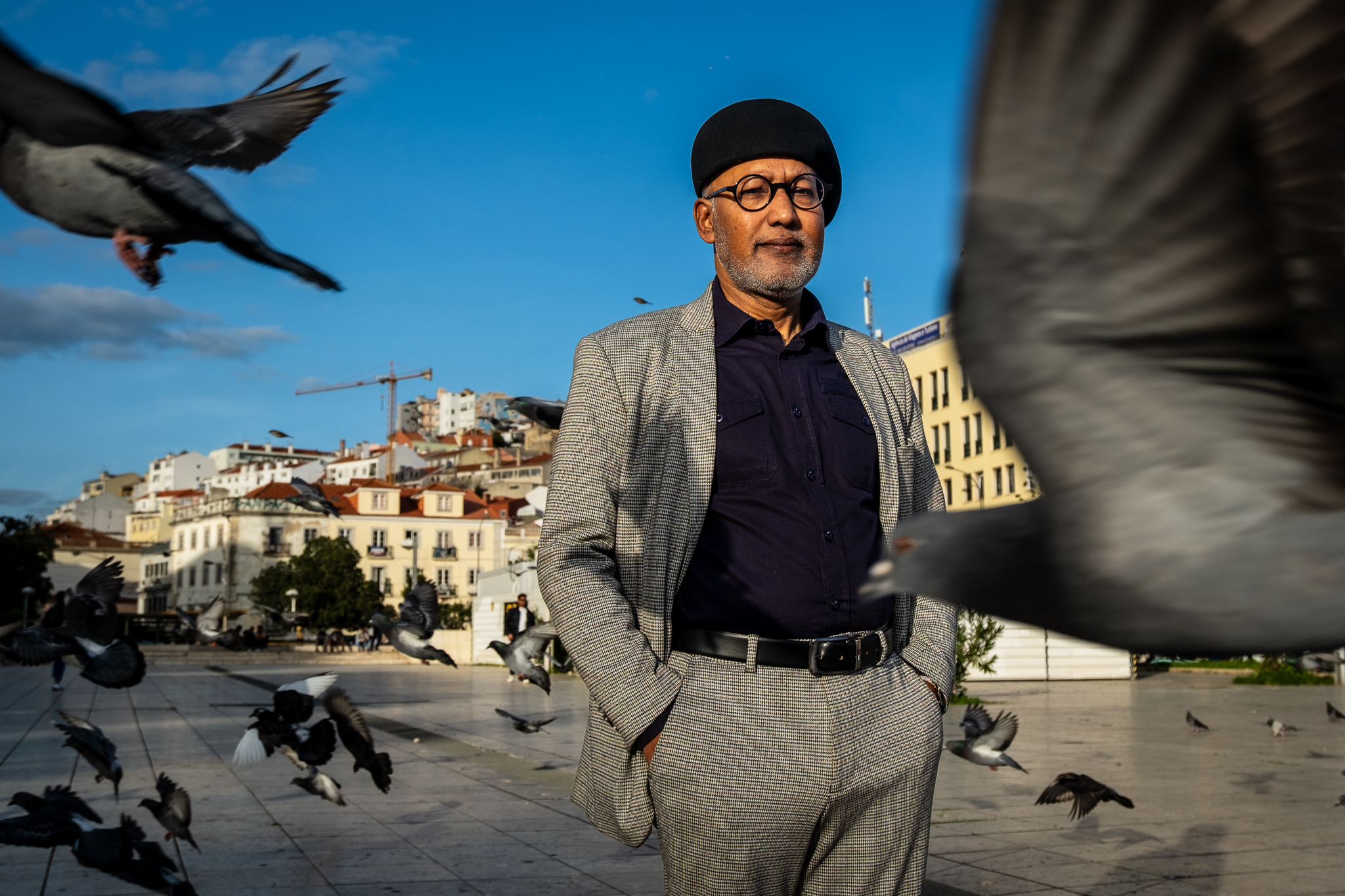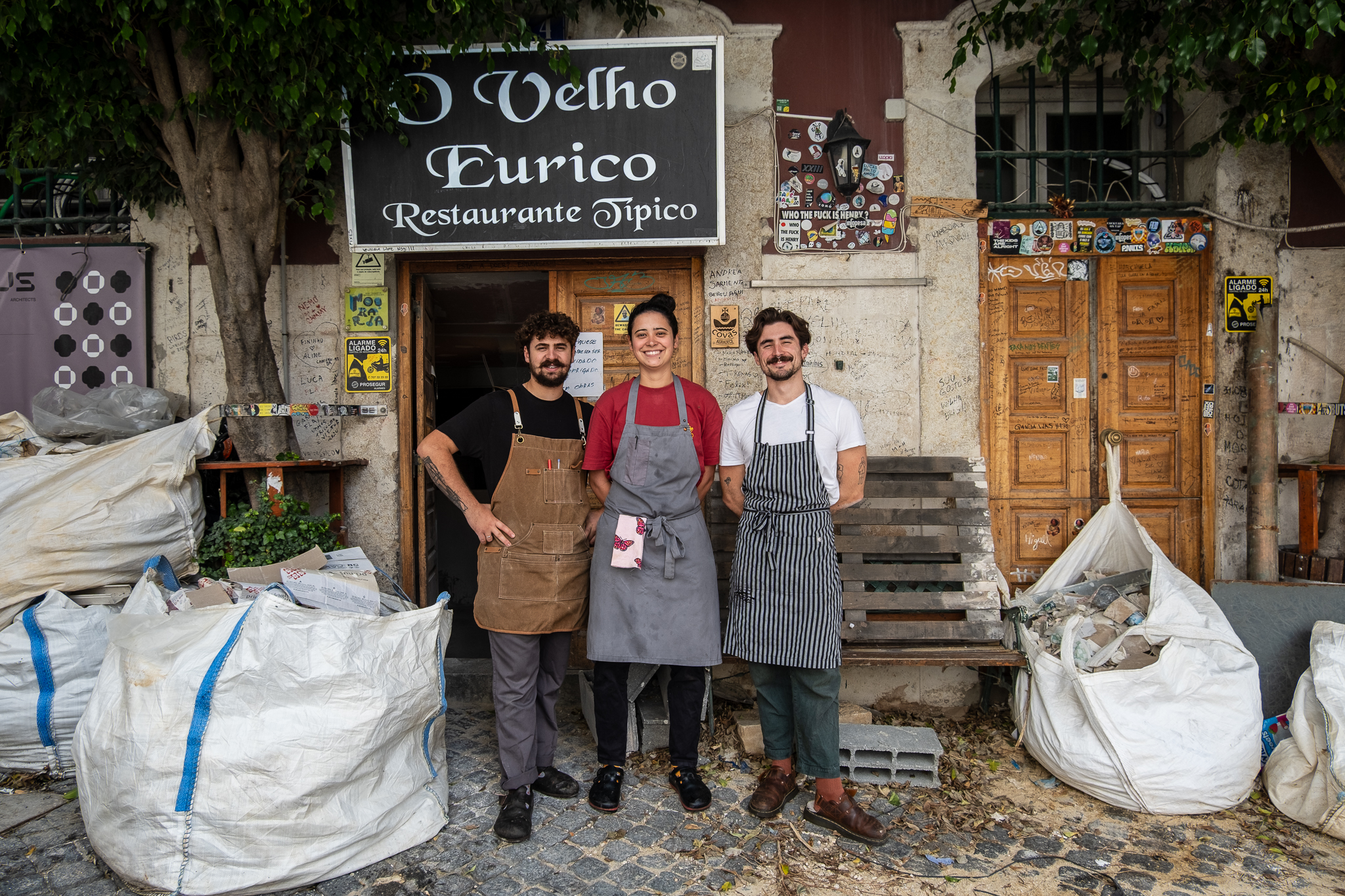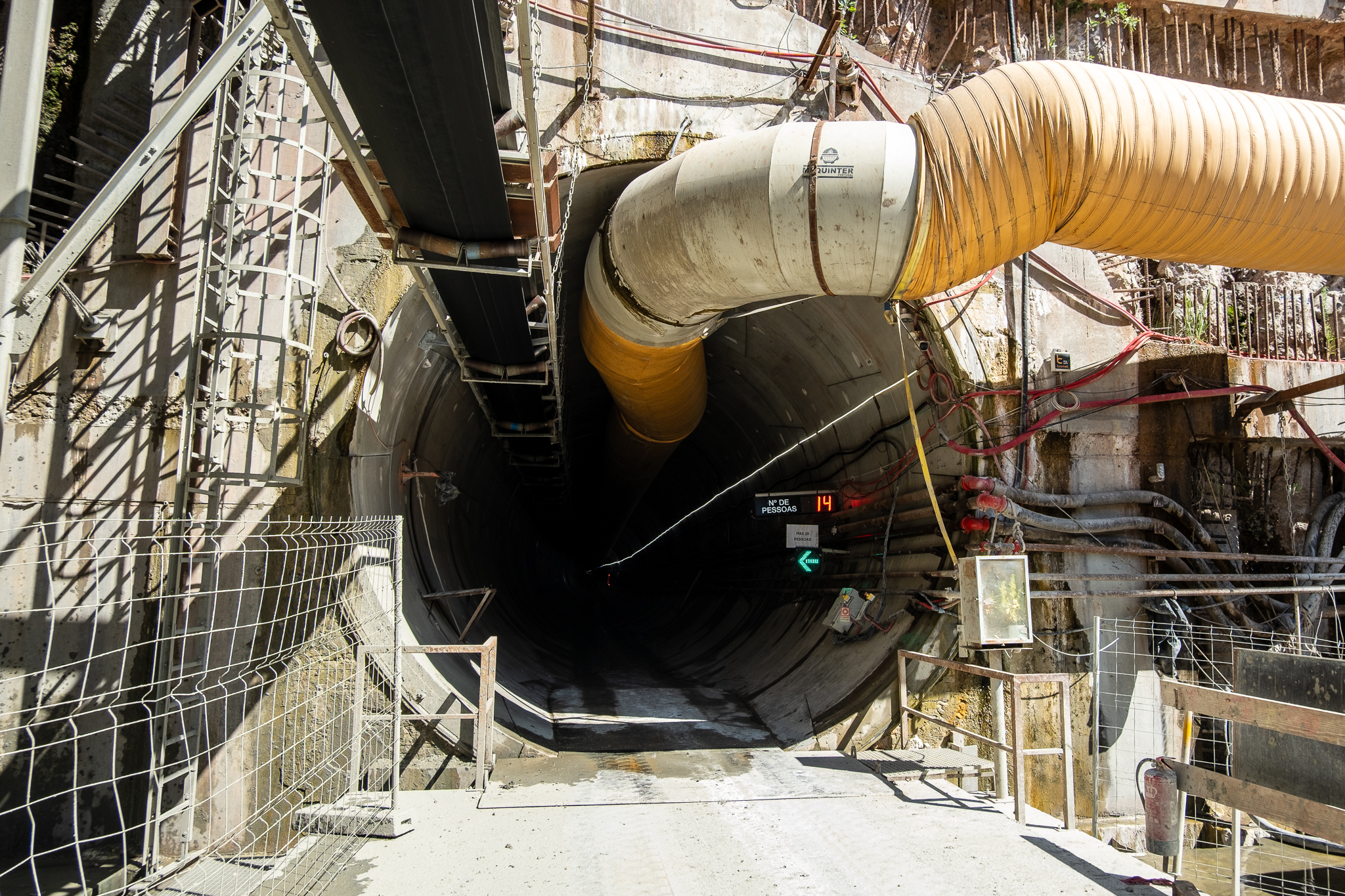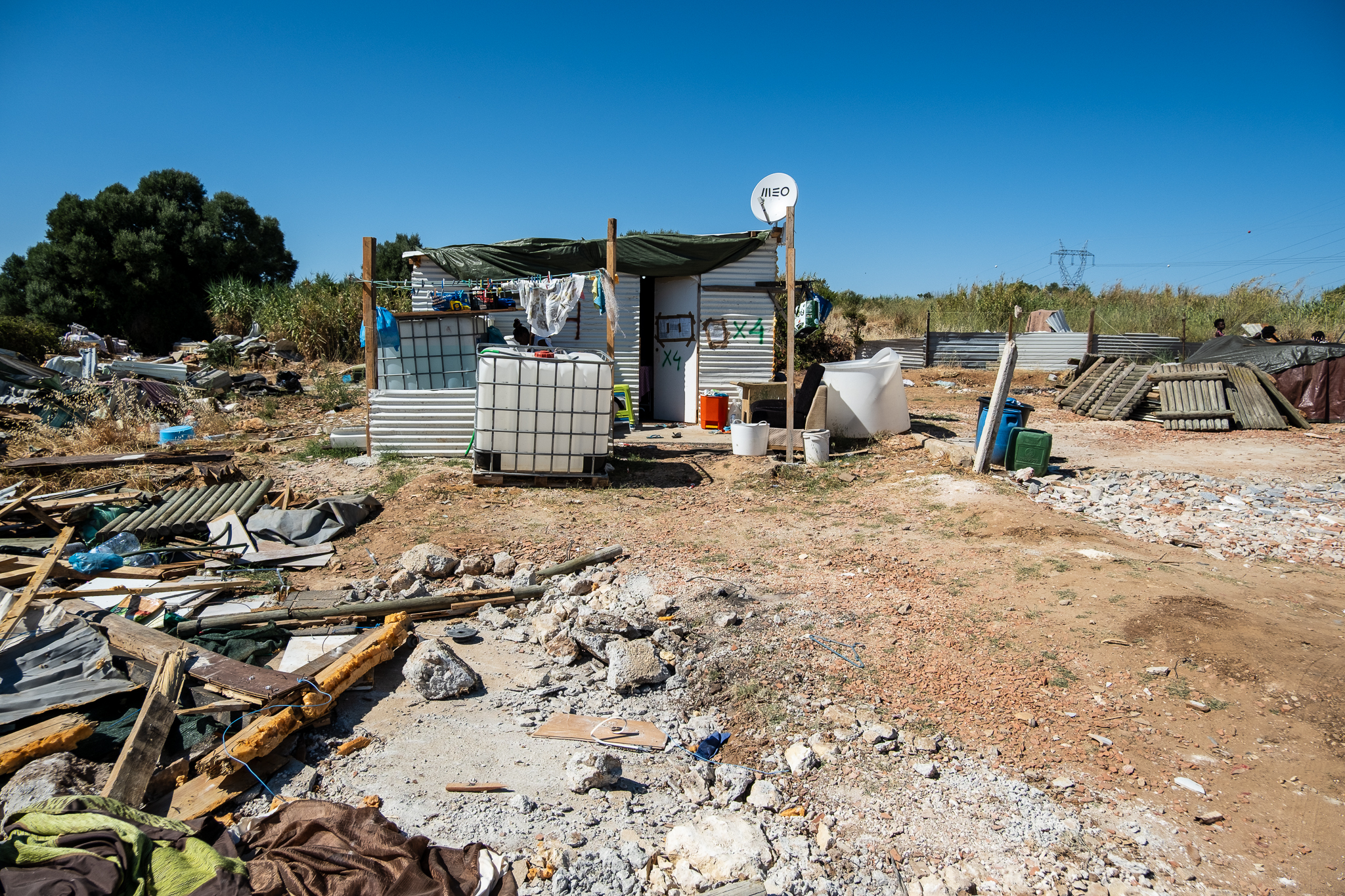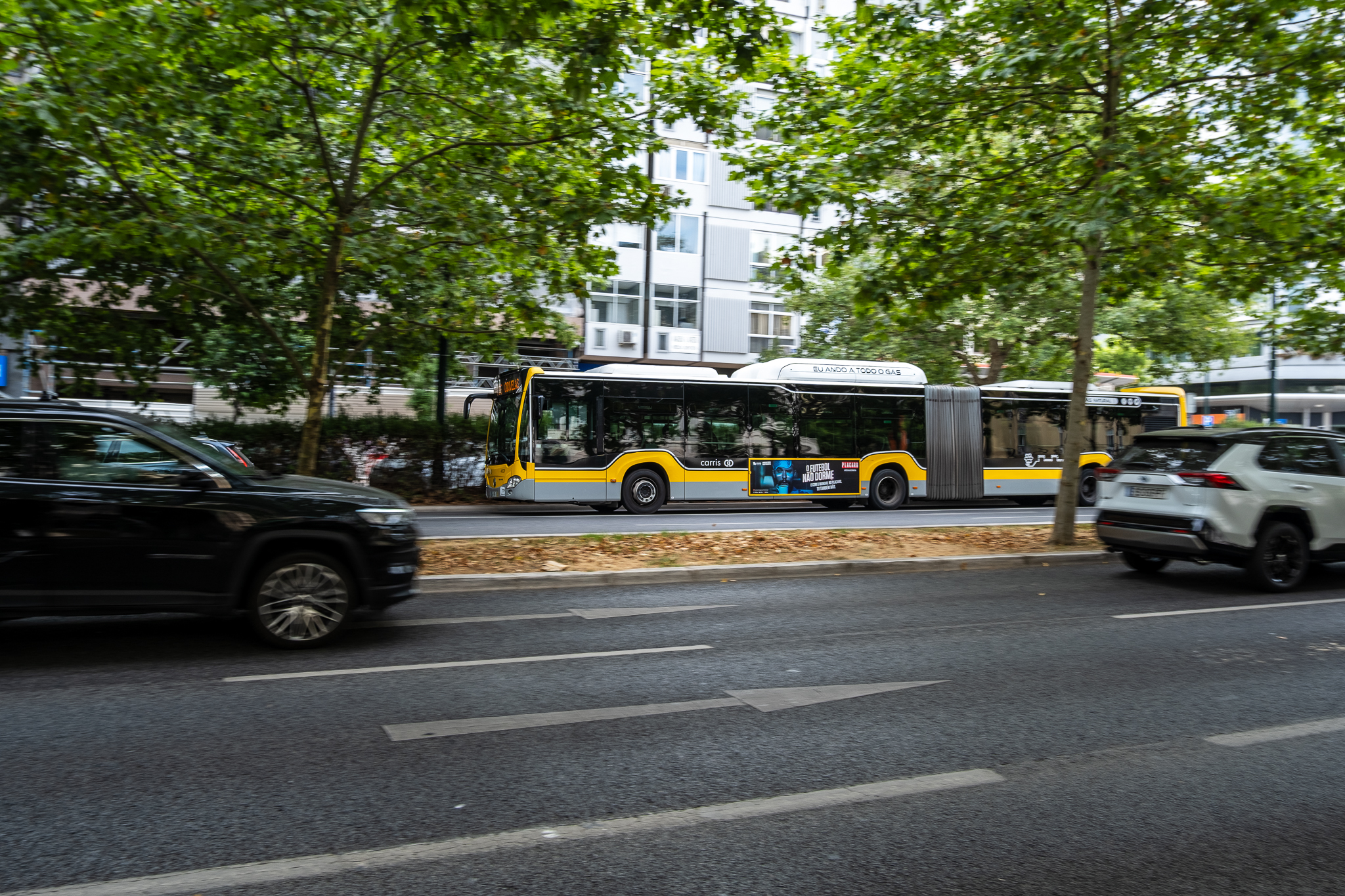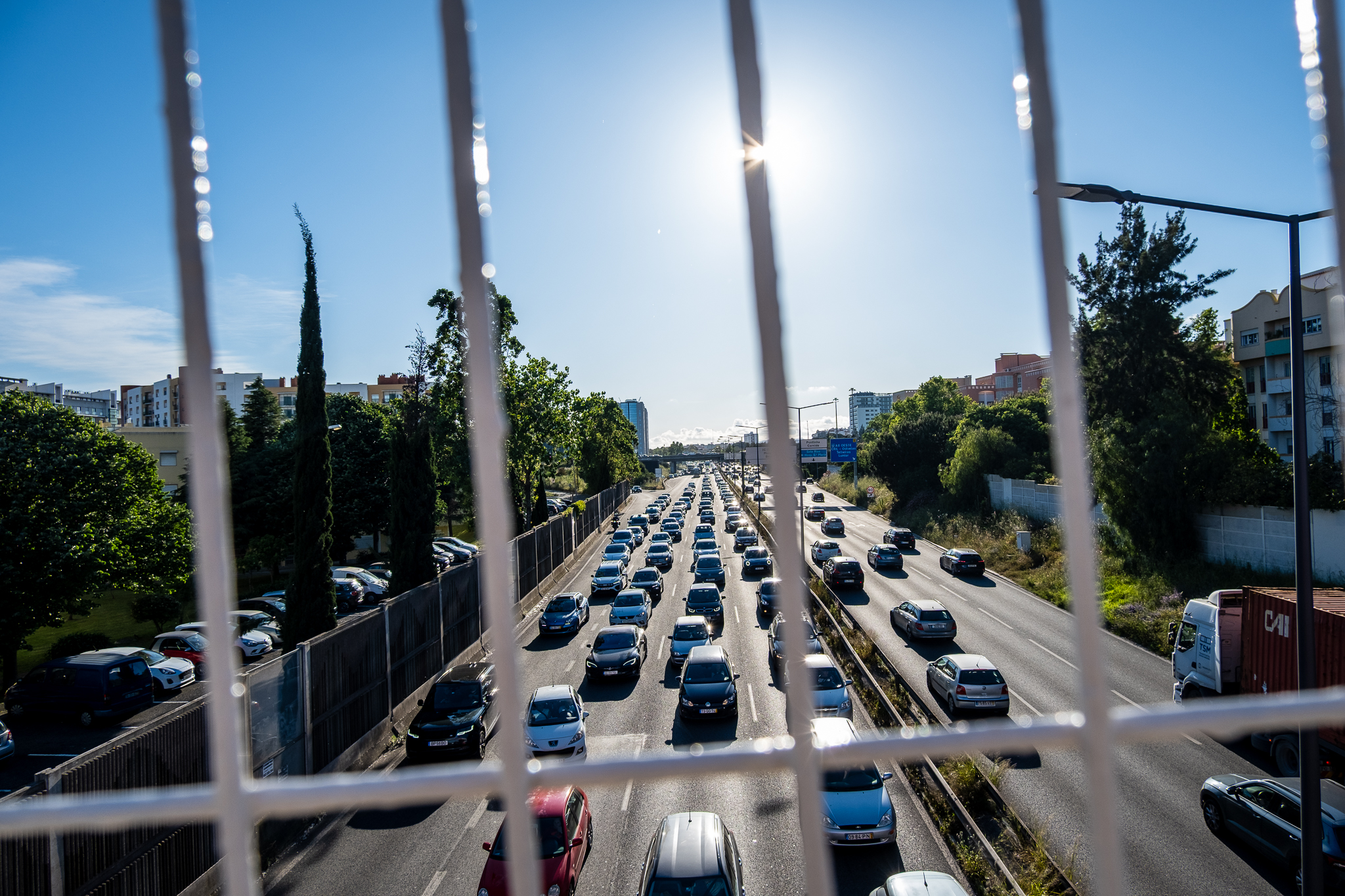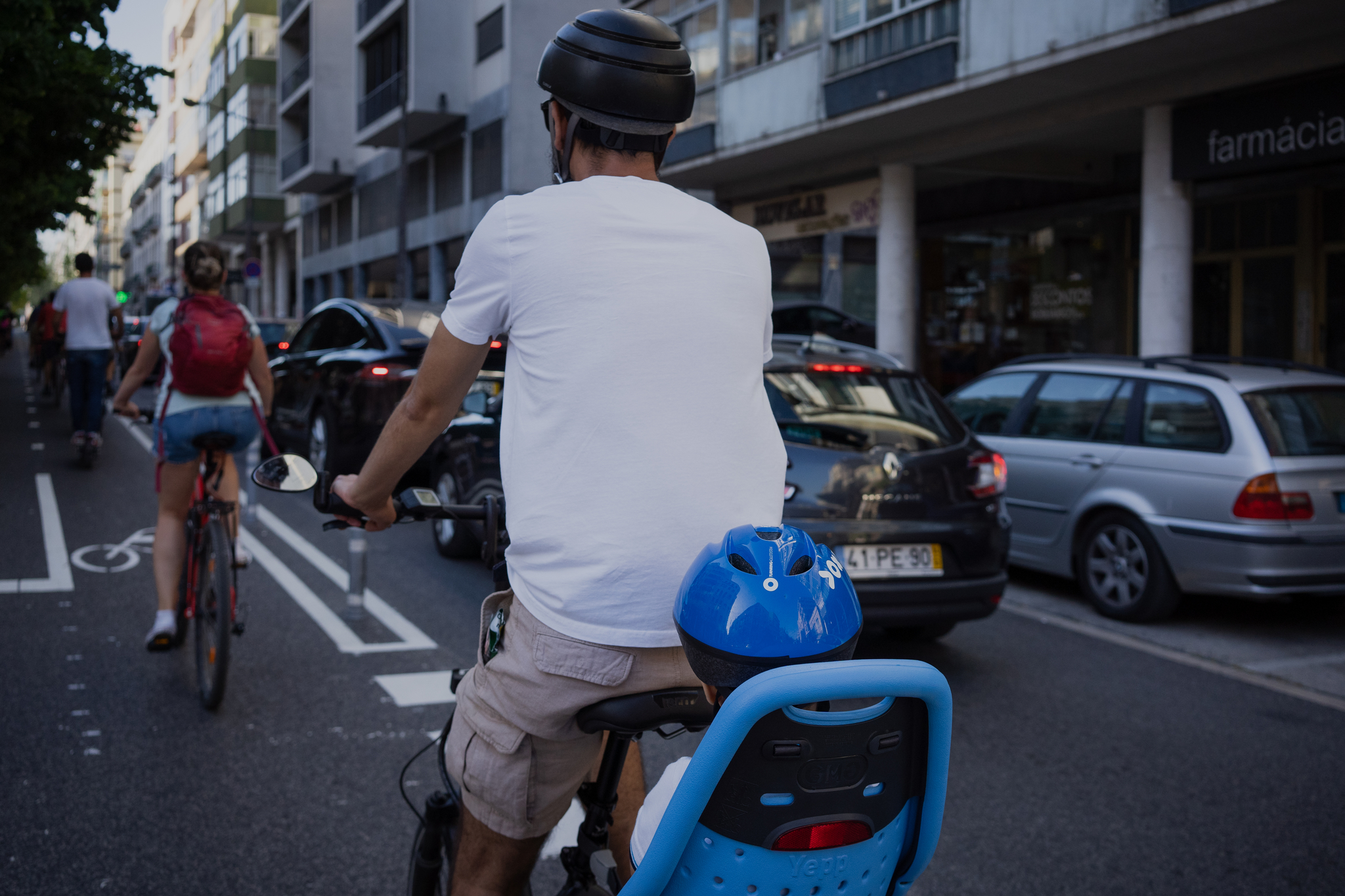
MUBi welcomes the program of measures to promote active mobility announced by the Mayor of Lisbon, Fernando Medina, on June 3rd. Back in April, and still during the state of emergency, MUBi had presented CML with a set of proposals for concrete measures: Recommendations for Lisbon to fight the COVID-19 pandemic. The dramatic transformation of the city's daily life was indeed the moment to ask questions with the depth that it deserves. What have we been doing wrong for decades and what do we no longer want to do? How can we take advantage of this crisis to make transformative decisions, and start doing what public health and the sustainability of Lisboetas and the planet demand of us?
Unfortunately, the challenge we issued to CML, long before the harmful consequences of deconfinement for the city, to start a constructive and urgent dialog, has not received the necessary response and attention from the Executive. As we have been saying and regretting, civil society continues to be excluded from participation and productive collaboration with CML.
At the beginning of May, MUBi again warned of the problems that would arise in the aftermath of the COVID-19 lockdown. Once again, we sent a set of concrete recommendations to Lisbon. Foreseeing the need for timely and urgent action measures to transform public space and support active mobility (walking and cycling) in order to protect citizens' health, the missive was again sent to CML. No reply was received.
That's why, almost two months after our initial warnings, we heard in the newspapers about the announcement of the CML program mentioned above. Although it's not as ambitious and transformative as our proposals, it's a step in the right direction.
We still have little information on the proposals. However, we are pleased to have heard the proposals of the "A Rua é Sua" project, although we are not yet ready to give a specific opinion. Since its foundation, MUBi has defended the reducing car presence and speed in the city as a key element for the quality of life of everyone and of bicycle users in particular. We would remind you that one of our proposals was to reduce speed limits on lower-ranking roads, as in cities such as Brussels, Milan and many others. We are therefore unable to comment beyond praising the intention, and we will have to wait for the details of the intervention before this program is implemented. Once again, we reiterate our total willingness to participate and collaborate with the teams that we imagine are currently working on the projects.
With regard to the higher-ranking roads, we welcome the courage to remove traffic lanes and parking spaces on some roads. We are also pleased with the abandonment of the option to put bike lanes on the sidewalk on Av. da Índia and Av. Gago Coutinho - which was already inconceivable in 2020. In the context of the need for physical distancing, it's really the only right decision. We also draw attention to the need to implement corridors adjacent to sidewalks that are narrow (less than 3 meters) and impossible to maintain a physical distance between pedestrians. These corridors should be designed for multimodal accommodation (pedestrians, bicycles, micromobility).
We therefore commend the political will to create safe corridors for bicycle users, taking this space from the car. Although more modest than our April proposals, it is nevertheless excellent news. We would add that the temptation to only create bidirectional corridors by removing a single lane from one side should be resisted. Taking into account the increase in cycling in the future, the increased use of cargo bikes, trailers, commuters with panniers and the expected proliferation of micromobility, it makes sense to start designing multimodal corridors that are wider than traditional cycle paths. What's more, the danger of two-way cycle paths in most urban contexts is well documented in all the specialist manuals.
We therefore also call attention to the danger of interceptions - even in one-way solutions. Ultimately, the corridors are important for user comfort and the political symbolism that the city government is favoring sustainable modes, but most of the most serious accidents are at the intersections. That's why we recommend a very thoughtful intervention to effectively reduce motorized speeds at intersections in corridor projects. It is essential to reduce the size of the interception and its turning radii, raise the entire interception to a higher level, provide bicycle waiting boxes, reprogram traffic lights, improve visibility for all users. If we believe that the corridors will encourage people who have never cycled in the city, this attention to particularly dangerous situations becomes even more important.
We also congratulate Lisbon City Council on the creation of measures to support active modes of transport. Over the last two years, MUBi has been working with the government and the Portuguese Parliament to promote incentive programs for the purchase of low-consumption vehicles, and has managed to include electric, conventional and cargo bikes in these programs for the first time in Portugal. We therefore regret, once again, that we were not consulted in the definition of these measures now listed by CML.
Support for the purchase of conventional bicycles shouldn't be limited to students: in the year in which the Environmental Fund stepped back and started supporting them too (albeit with a much lower contribution), Lisbon is continuing the myth that it's only possible to ride an electric bicycle in the city for "serious commuting". An unassisted bicycle is the best mobility option for many people. A good folding bike, for example, can cost the same as a lower quality electric bike, and is a more advantageous option for combining with public transport or for climbing stairs and storing at home, as it is much lighter.
If it is not possible to support the purchase of second-hand bicycles, it would be important to create support for the repair of bicycles (and the purchase of accessories), as in France and the UK, not only to avoid waste but also to promote employment and business in local stores and workshops. It would also fit in completely with the spirit and objectives of Lisbon - Green Capital.
Support for the installation of electric kits, excluded by the Environmental Fund but allowed in Paris, for example, would also be a way of promoting the reuse of good bikes and supporting local workshops.
It is incomprehensible that support for the purchase of cargo bikes only applies to electric bikes, unlike the Environmental Fund. Cargo bikes are a major investment, and even conventional bikes are more expensive than many electric bikes. The motor is not essential, even in Lisbon, and can be added later, thus allowing the investment to be diluted.
Since it is not clear that the Environmental Fund supports the purchase of trailers, despite including them in the definition of a cargo bike, we don't understand why CML would exclude them from the outset. A good trailer, for example for children, is an excellent way of transforming a normal bicycle (electric or conventional) into a cargo bike, especially for those with space difficulties. Not to mention "heavy-duty" trailers that could be good logistics solutions in Lisbon. In this context, it is incomprehensible that CML dedicates its support program only to individuals, and does not extend it to companies and other collective entities, like the Environmental Fund. On the one hand, since 2015 there has been a tax incentive for companies to offer their employees bicycles for their commute (instead of cars), which is not sufficiently well known and which could therefore be given an added boost in Lisbon. On the other hand, the opportunity to encourage companies to use bicycles as a means of logistical transportation is being missed.
All these observations could have been avoided if there had been a genuine desire to listen to civil society on a formal, regular and transparent platform from the outset of the decision-making processes. We end by reiterating our willingness to collaborate in defining the future solutions to be implemented in the city of Lisbon.


